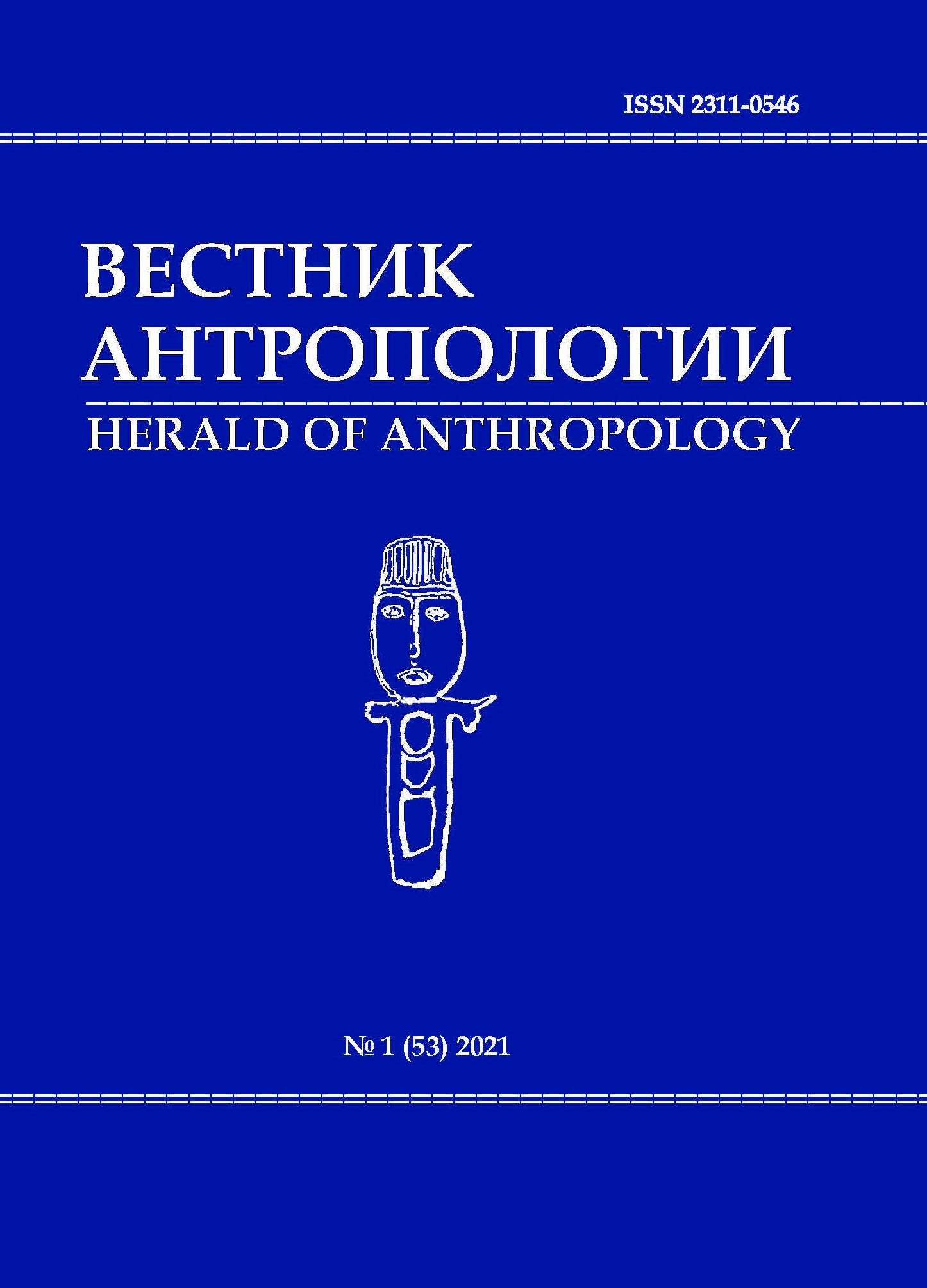«Ужасные истории»: воспоминания бывших воспитанников детского дома-интерната для детей с умственной отсталостью о своем детстве
DOI: 10.33876/2311-0546/2021-53-1/61-72
Ключевые слова:
интеллектуальная инвалидность, анализ нарративов, ужасная история, умственная отсталость, сиротыАннотация
Статья посвящена специфическому нарративному жанру «ужасные истории», его прагматике и значению. Используя концепцию «жалость на экспорт», предложенную Маргаритой Астоянц (Астоянц 2006), автор на материалах биографических интервью с выпускниками интернатных учреждений для умственно отсталых, ставших участниками проекта сопровождаемого проживания, исследует стратегии выстраивания нарративной идентичности информантов в коммуникации с интервьюером. Анализ демонстрирует, что фрейм биографического интервью, участники которого занимают крайне различное социальное положение, вызывает к жизни определенную стратегию – демонстрацию в первую очередь уникального и экстремального опыта. Так, информанты обращались к историям об «ужасах» детского дома-интерната или психоневрологического интерната, где они жили после достижения восемнадцати лет, создавая драматические повествования о насилии в учреждениях и принудительном психиатрическом лечении. Цель данной стратегии – вызывать у слушателя интерес, уважение или сочувствие, которое в крайнем случае может обрести форму просьбы о помощи или желания получить некоторую выгоду. Помимо этого, «ужасные истории» оказываются для людей, имеющих на нынешний момент статус опекаемых, способом заявить о собственной агентности и субъектности, корни которых информанты обнаруживают еще в детстве, наполненном насилием и невзгодами.
Ссылка при цитировании: Алтухова А.А. «Ужасные истории»: воспоминания бывших воспитанников детского дома-интерната для детей с умственной отсталостью о своем детстве // Вестник антропологии, 2021. № 1 (53). С. 61–72.






















